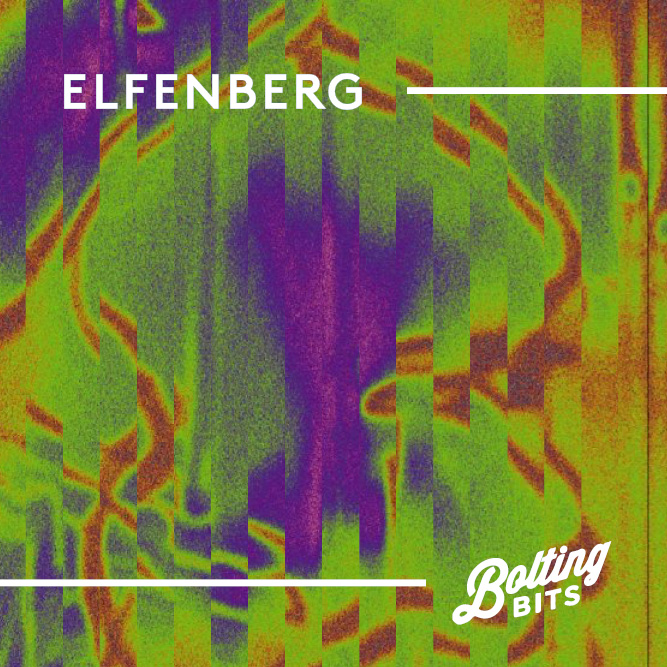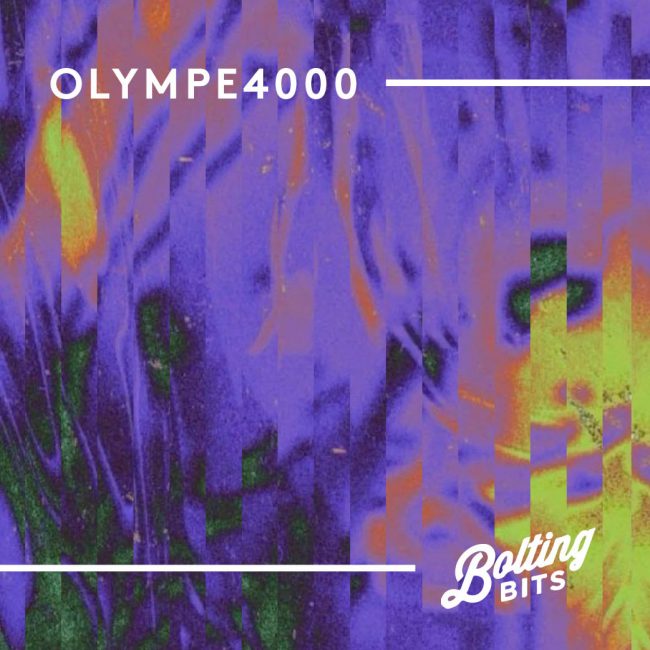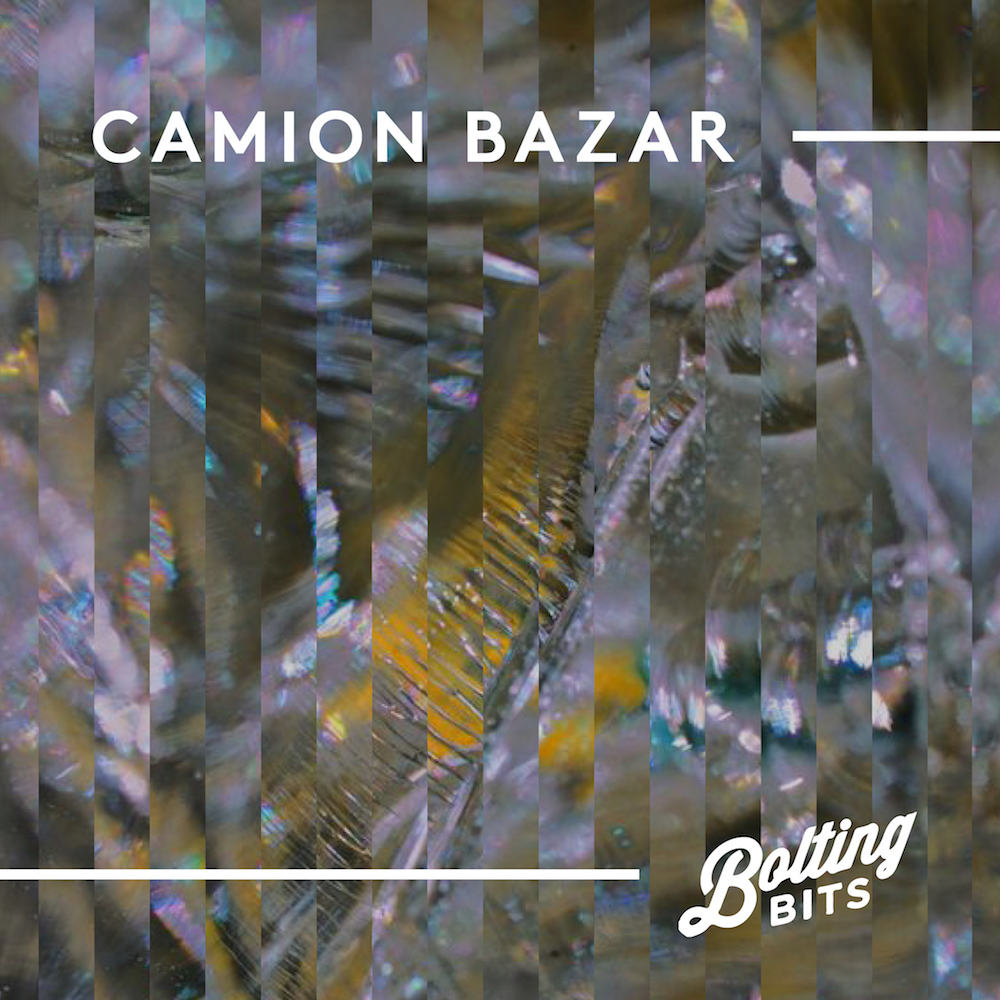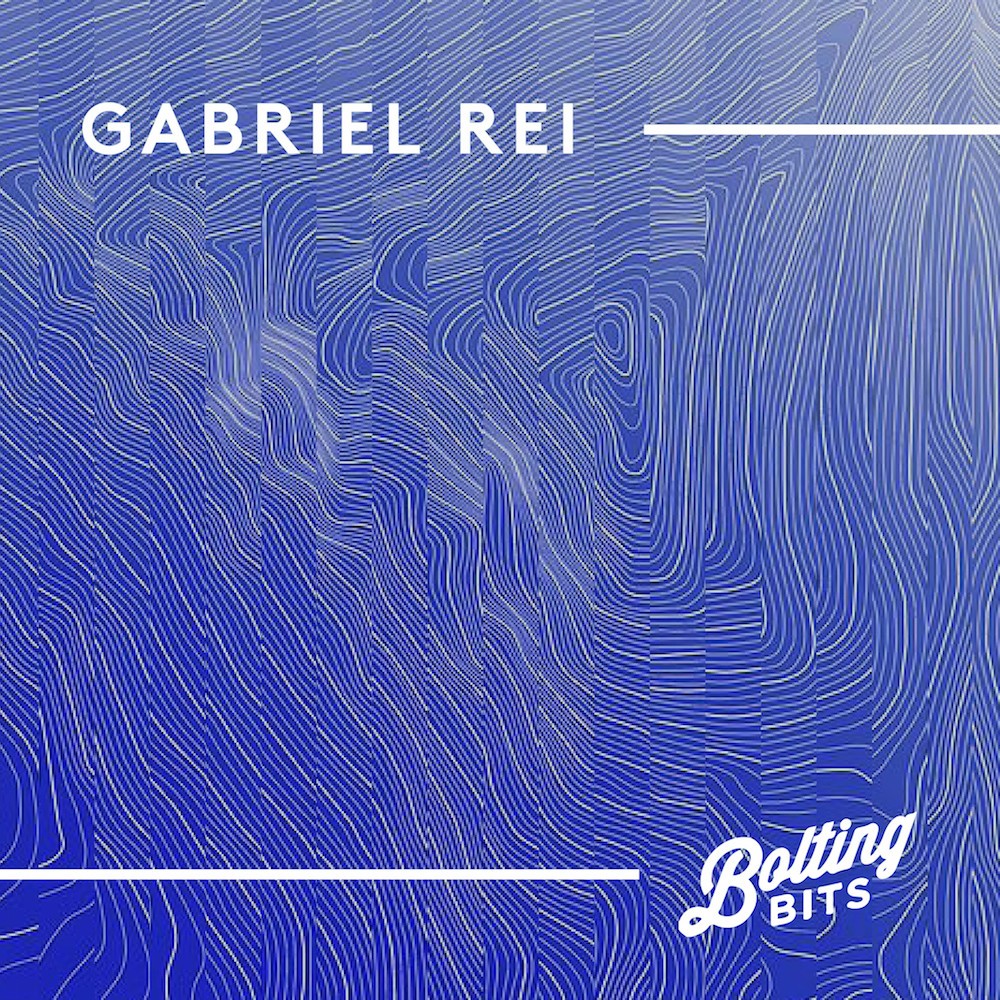
This new installment of our series introduces you to his roots and enthusiasm for digging. Gabriel Rei’s deep seeded love for House now leads him to have his first records released on the Montreal label Bienvenue Recordings.
For Gabriel Rei, music is all about conviviality. We had the pleasure to sit down with him to talk about his upbringing as a producer and dj.
INTERVIEW
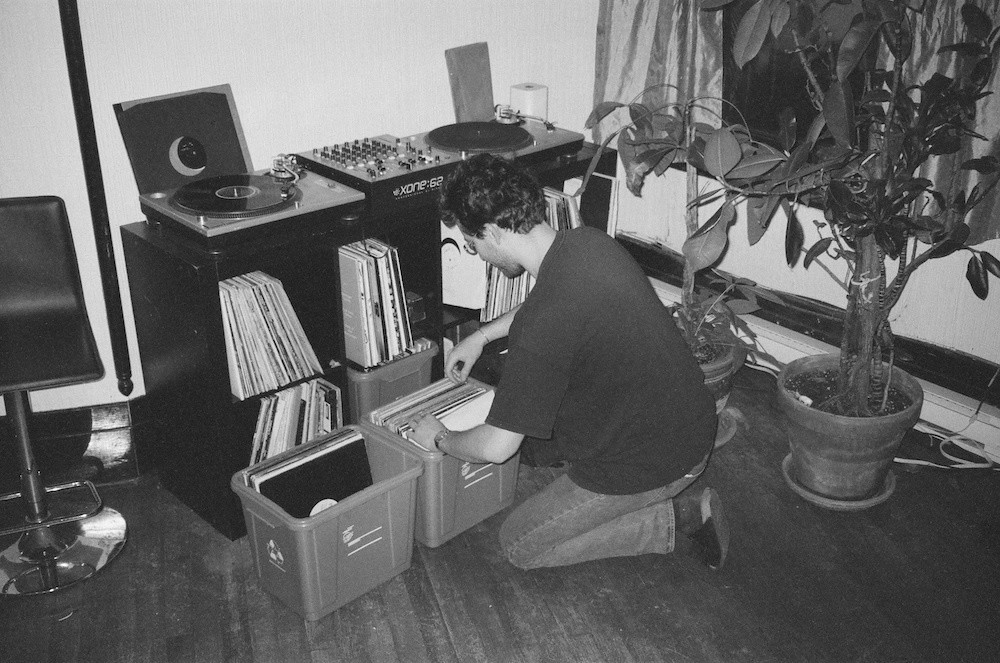
Growing up in Montreal, what part did music have in your day to day life?
It took me a while to find my own connection to the music I was listening to. My family and close entourage used to listen to a lot of jazz and classical music, but I wasn’t as moved by it as they were. I was really drawn to getting to understand though, because I could feel the power it had on them. I can say that this search for the right sounds was fully identitary. I was waiting for the right initiation, for a door to open up. This curiosity led me later in taking a couple of music classes in high school. I got to learn piano, percussions and basic music theory. But I wasn’t quite pulled in or committed to it just yet.
So what did pull you in?
Experiencing live electronic music. It was most definitely the missing link. I remember going to my first show at Sala Rossa and being completely blown away. Since that day, I’ve been obsessed with recreating that feeling – enjoying a collective experience around sound.
And how did that lead to your introduction to dance music?
One thing led to another, and I started organizing parties with my high school friends. We were looking for abandoned or odd places around Montreal where we could bring our sound system and invite whoever. We were young and broke – it was absolutely out of the question to rent a space. For about 6 years, we made some crazy parties happen: in a tunnel, an incinerator, a park during winter, and even in our own school after hours. It’s around that time that I started dancing and appreciating that liberating feeling. I realized that these parties were not only a relief for myself, but for everybody else too.
Apart from organizing these parties, were you also involved as a DJ?
Yes, I was DJing some of these parties. I quickly became very motivated by making people dance, and finding the right songs to do so. I remember sneaking into the auditorium at our school just to rehearse and hearing songs out loud, and being excited by all the music that was still for me to discover.
How did that lead to buying records?
It came naturally, pretty much out of curiosity. To me, buying records is part of the quest of making people dance. It’s also part of the ceremony that is a club night or a party. It takes time, and that time is valuable to the success of a DJ set. I esteem that process. In a day and age where you can get pretty much anything online, collecting a medium that has a physical start and end grounds me. You know, I usually find comfort in technology in my day to day life, it gives me answers and acts in predictable ways, which I find reassuring. But music needs disruptions for it to be able to shine when it comes to finding music and producing as well. That’s why buying records is important to me.
That brings us to talk about your productions. How did you get into making music ?
I’ve always been surrounded by friends who were making music. I would go to their house and get introduced to Reason, Ableton and sequencers. I was really excited by making sounds, especially beats. It’s around that time that I went to Berlin for a few months. I went there for a couple of reasons – part of them were to visit family, but mostly it was for the music scene that I was so curious about. Back then, I didn’t tell anyone that the motive for the trip was mostly for that second reason. In Berlin, I would go out, get inspired, and then experiment making tracks the next day on my computer. And this went on and on. Since that trip, music became an obsession and a part of me.
How does DJing inform your productions?
There’s always ideas and inspirations that come out of a DJ set. I always have dancers in the back of my mind. When I make music, I think about the sounds that make me move and I try to reproduce them.
DJ or producer first?
Both. They complement each other in the ways that I live my music. My introverted side is content when I make music, and playing out music satisfies the social part of me.
What are your main inspirations when it comes to producing? How would you characterize your workflow?
I have a special relationship with the morning, everything creative happens for me before noon. My studio is set up in a way that I’m standing, because I need to know how I’m naturally moving to the music I’m making.
You’re currently doing your masters in design, more specifically on the potential of space and how we experience emptiness. How does your study field manifests itself into making music?
In my methods. I always try to take a step back to see how sounds evolve and occupy their places in a song. “Do I need to add an element? Take something out?” Sound and space are closely linked to each other. Sound affects our perception of space, and vice versa. When you’re making dance music, you have to take venues and contexts into consideration.
Your first record is soon going to come out on Bienvenue Recordings, how do the tracks featured on the record reflect your musical voyage?
When Gene [Tellem] reached out to me to make a record for her label, I wanted to give her tracks that I believed worked with her sound. From the beginning to the end, they also reflect my different perceptions on dance music, and how it made me grow. I find that they complete each other.

